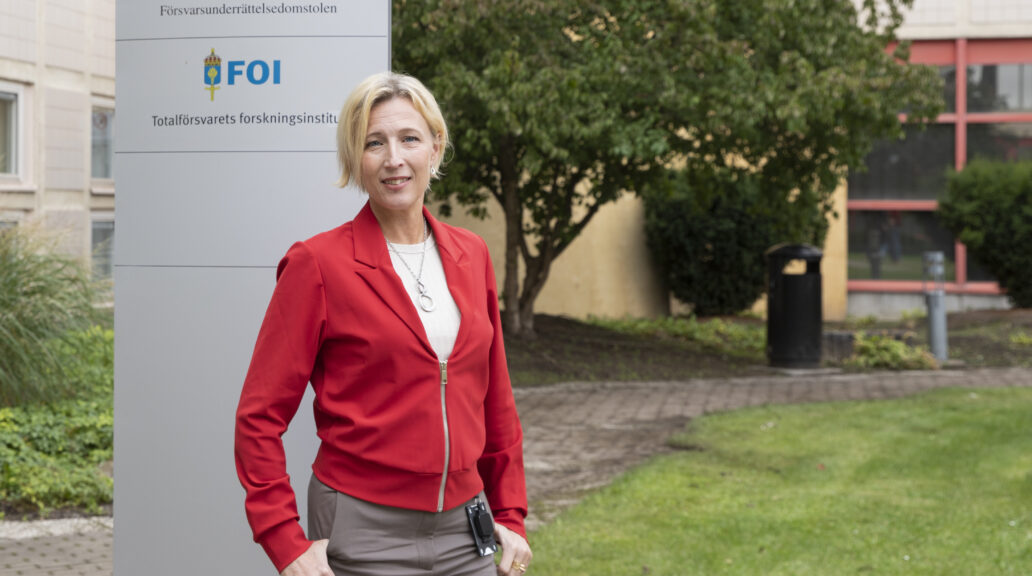The FOI is a government agency operating under the Swedish Ministry of Defense. It is considered one of Europe’s leading research institutes for defence and security, with operations in Stockholm, Umeå, Grindsjön, and Linköping.
Research and expert support is provided in Umeå for chemical, biological, and radioactive substances. The department operates in multiple research areas and has specialist skills in fields such as chemistry, biochemistry, molecular biology, analytical chemistry, organic synthesis, biotechnology, physics, toxicology and computer science.
All the knowledge the unit accumulates is used to maintain, support and future-proof Sweden’s national defence capability to meet any challenges the country may face today and in the future.
Develop knowledge of new treatment methods and medical protection
FOI’s CBRN Department (Chemical, Biological, Radioactive, Nuclear) has 140 employees distributed across two geographic locations, Umeå and Kista. Research is conducted in the CBR area in Umeå and the N area in Kista.
And now the Department is set to expand considerably, with plans to hire around 20 people in the first half of 2024. Global developments mean Sweden needs to strengthen its national defence capability – with long-term research provided by FOI playing an important role.
“We must keep track of what’s happening in our world, what is evolving and any emerging innovations and technologies. We need to develop knowledge of new treatment methods and medical protection to protect civilians and the military. We also provide expert support in the field to all authorities and other parties who need our knowledge”, says Susanne, who continues:
“We have seen how Russia uses the threat of weapons of mass destruction as a means of leverage in its war of aggression against Ukraine. Of course, it is alarming with that kind of rhetoric, but we must make sure that Sweden is prepared and fights for disarmament and that the use of these weapons never happens”.
Umeå University is important for the competence development
The FOI in Umeå is currently recruiting new colleagues with various skill sets. These include analytical chemists to work with the verification of threat agents, synthetic organic chemists, structural biologists and computational chemists.
“When it comes to research on new medical protection, we are looking for researchers who have the skills to work with structural biology. We also need experienced researchers in computational chemistry who can develop proposals for new countermeasure candidates. On the biological side, we are looking for a mix of research engineers and researchers.”
Umeå University plays an important role as a competence resource for FOI. Many students undertake degree projects at the FOI and apply to return after completing their education. Susanne says its collaboration with the university is important and good, and that the FOI in Umeå will need more collaboration and labor in the future.
Hope to grow more in the years to come
“My hypothesis is that we will continue to grow. We have received a grant increase this year and expect to grow quite considerably in 2024. We can hopefully grow even more throughout 2025 and 2026, but it remains to be seen what the budget looks like for 2025 and beyond.
The CBRN department in Umeå is primarily financed by government funds from the Swedish Ministry of Defence and Ministry of Foreign Affairs, but the organization also applies for EU money and participates in EU projects such as the EDF (European Defence Fund ) to promote international research collaborations. The FOI can also apply for various government funds from The Swedish Civil Contingencies Agency (MSB) and the Swedish Radiation Safety Authority (SSM), to name two examples.


